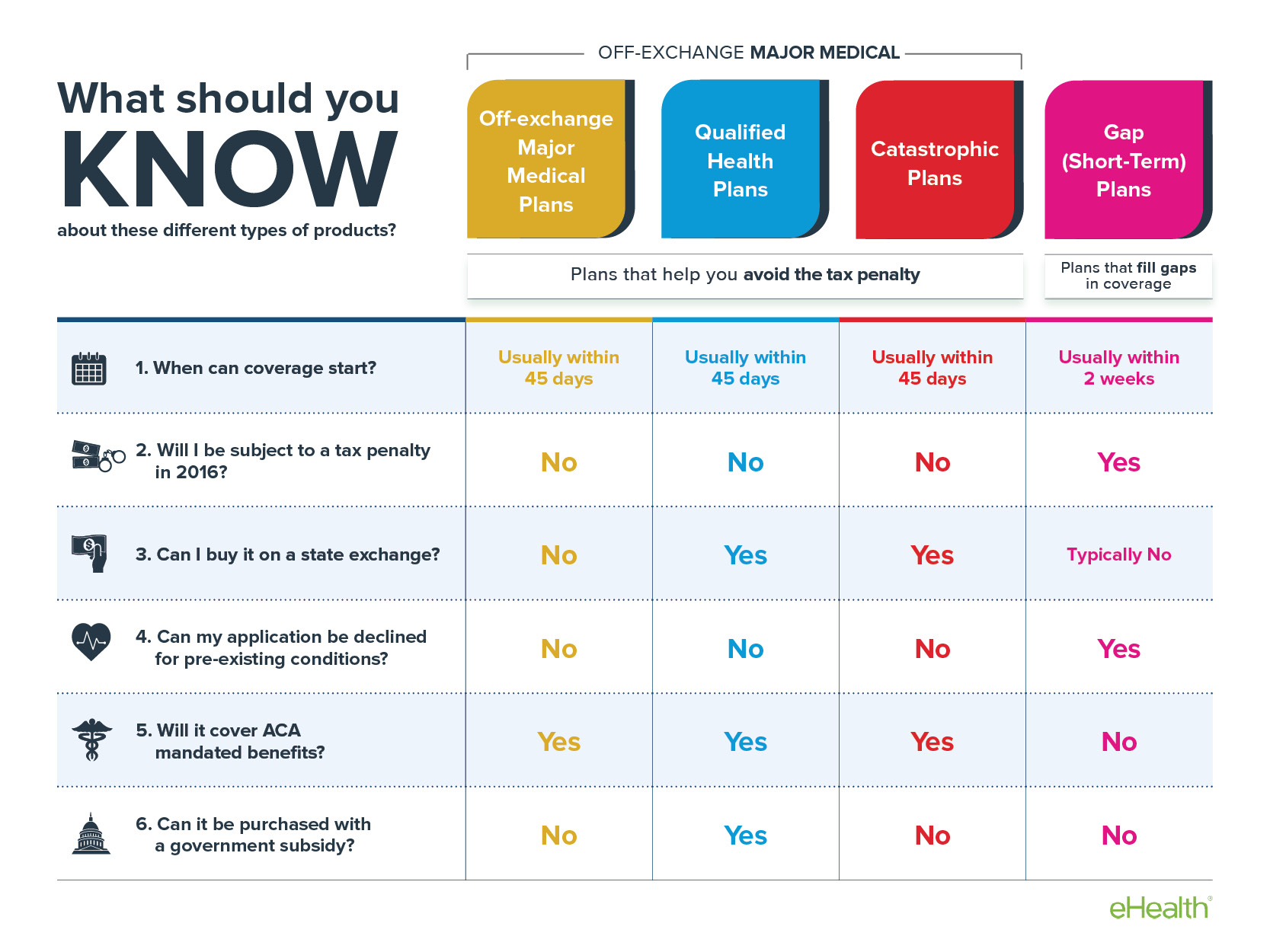Bill Clinton campaigned for president on a platform that included healthcare reform in 1992. Comparable proposals had been made earlier, as universal healthcare was likewise part of the platform of Jesse Jackson's failed 1988 governmental quote. Quickly upon getting here in office, Clinton established the Task Force on National Health Care Reform with his spouse Hillary Rodham Clinton working as its chair.
The bill consulted with opposition from policymakers, insurer, and doctor groups, and did not pass. The failure of Clinton's efforts led numerous officials to see healthcare reform as an issue too complicated and too controversial to risk losing any political influence over (how much do home health care agencies charge). In contrast to the Health Security Act, Agent Jim McDermott (D-WA) presented the similarly called American Health Security Act in 1993, which would have developed a single-payer system - how does electronic health records improve patient care.
In the early twenty-first century, state and federal authorities revealed renewed interest in broadening health care protection. In 2003 Agent John Conyers Jr. (D-MI) initially presented the United States National Medical Insurance Act, which required a single-payer health care system, however the bill received neither an argument nor a vote on the House floor.
While the federal government took little action towards accomplishing universal healthcare, state legislators experienced success at broadening health protection in Massachusetts in 2006. The Massachusetts system mandated that every citizen obtain medical insurance or pay fines. The system is often called "Romneycare" in reference to Mitt Romney, who worked as governor throughout its implementation.
Not known Incorrect Statements About How To Get Health Care
Professionals have actually attributed the success of the Massachusetts system to government subsidies, which enabled more people to buy insurance coverage, and to the program's insurance coverage mandate, which interested insurer due to the fact that they got more consumers. In turn, having more people contribute to the fund drove rates down. In 2008 Barack Obama campaigned on health care reform in his quote for president, drawing heavily on the Massachusetts design.
The efforts of his administration resulted in the passage of the Client Protection and Affordable Care Act (ACA), likewise referred to as "Obamacare," in 2010. According to the Centers for Disease Control and Avoidance, the portion of Americans who did not have health insurance dropped from 16 percent in 2010 prior to the law entered into effect to 8.6 percent in the last months of Obama's presidency.
Alternatively, some critics thought about the overhaul of the health care system insufficient, contending that a single-payer system would much better serve the population. Vermont senator Bernie Sanders, whose 2016 presidential bid highlighted health care reform, introduced the Medicare for All Act of 2017, a proposal to expand federal government health protection to all people and residents.
Amongst the expense's cosponsors, Senators Cory Booker (D-NJ), Kamala Harris (D-CA), Kirsten Gillibrand (D-NY), Elizabeth Warren (D-MA), and Sanders himself all signed up with the field of competitors for the Democratic Celebration's 2020 presidential election. In July 2018 more than seventy Democratic members of your house of Representatives formed the Medicare for All Caucus to sponsor briefings on health care reform.

Some Ideas on How To Start A Non Medical Home Health Care Business You Should Know
As support for a single-payer system has grown amongst progressive factions within the Democratic Party, some critics, including fellow Democrats, have argued that a healthcare system without a role for personal insurance coverage could lead to a reduction in quality of service. An often pointed out study conducted by researchers at Harvard Medical School and Cambridge Health Alliance in 2009 identified that almost 45,000 Americans pass away each year due to issues related to their absence of medical insurance.
By making sure that people and residents have access to budget-friendly medical services, universal healthcare can improve total public health by treating the ill, promoting preventative care, and offering basic care to all patients. Critics alert, nevertheless, that universal health care could cause reduced quality of care and long haul times.
In 2018 the choice of England's National Health Service to withdraw life assistance from young child Alfie Evans against the moms and dads' desires triggered a worldwide argument over how decisions are made in a single-payer system. In action to issues over rationing, some medical experts and financial experts assert that allocating exists in all health care systems due to the fact that resources are constantly limited.

Inconsistencies in medical treatment throughout the United States also suggest that access to medical services can be based on where patients live and where they are employed as well as demographic factors such as race, gender, and ethnic culture. Some health care specialists have argued that the Medicare system in the United States can be characterized as a specific form of healthcare rationing due to the fact that the program only provides coverage to individuals ages 65 or older, people with certain disabilities, and people with End-Stage Renal Disease.
The Best Strategy To Use For What Is Fsa Health Care
Many critics of universal healthcare mention the potential costs of implementation as the primary factor https://what-is-complex-ptsd.mental-health-hub.com/ for their opposition. Some critics of universal healthcare have actually voiced issue that a single-payer system would lead to people seeking unneeded treatments and that the overuse of services would drive overall expenses up.
In 2018 scientists at the Mercatus Center at George Mason University performed a research study to identify the cost of implementing the Medicare for All Act of 2017. Challengers of single-payer health care initially commemorated the outcomes, which revealed Sanders's plan would cost $32.6 trillion over 10 years. However, Sanders reacted by keeping in mind that report's overall showed savings of $2 trillion compared to investing projections without implementing reforms.
A 2003 study in the New England Journal of Medicine discovered that 31 percent of US health spending went towards unneeded administrative expenses. Reducing these expenses might enable restricted resources to be utilized more effectively. The Mercatus Center report alerts, nevertheless, that federal government programs tend to accrue significant administrative expenses and that government-run health care may likely incur similar expenses, making projected savings uncertain.
WASHINGTON (AP) The Current on the midterm elections (perpetuity regional):7 p.m. Republican U.S. Rep. Steve Knight has actually conceded the last GOP-held Home seat anchored in Los Angeles County. Democrat Katie Hill holds a 2-point lead, and Knight said Wednesday that the citizens have actually spoken. Countless tallies remain to be counted, and The Associated Press has actually not called the race (what is a single payer health care pros and cons?).
The 6-Minute Rule for Which Of The Following Is A Trend In Modern Health Care Across Industrialized Nations?
hopscotched throughout the post-Civil War South, attacking the makeshift camps where lots of thousands of recently released African-Americans had actually taken sanctuary however leaving surrounding white communities comparatively unharmed. This pattern of condition was no secret: In the late 1860s, physicians had yet to find viruses, but they understood that bad nutrition made people more vulnerable to disease and that bad sanitation added to the spread of disease.
Smallpox was not the only health variation facing the recently emancipated, who at the close of the Civil War dealt with a substantially higher death rate than that of whites. In spite of their urgent pleas for assistance, white leaders were deeply ambivalent about intervening. They fretted about black epidemics spilling into their own communities and desired the formerly enslaved to be healthy adequate to go back to plantation work.
Congress established the medical division of the Freedmen's Bureau the country's first federal health care program to address the health crisis, however authorities deployed just 120 or two doctors throughout the war-torn South, then ignored those doctors' pleas for personnel and equipment. They erected more than 40 medical facilities but too soon shuttered many of them.